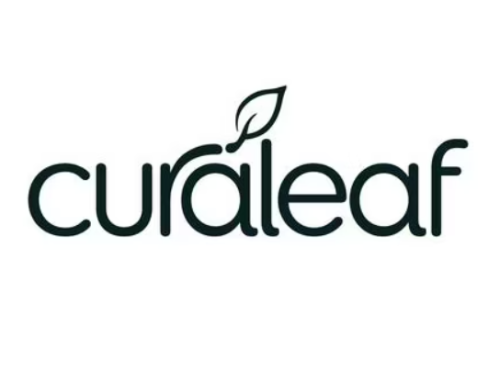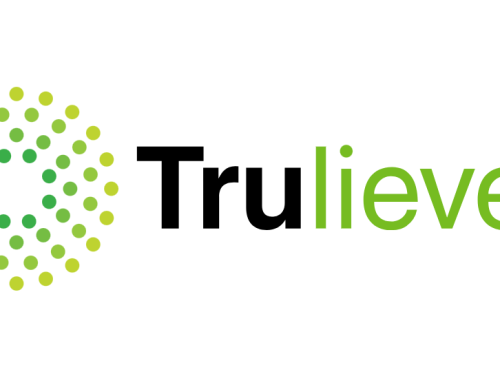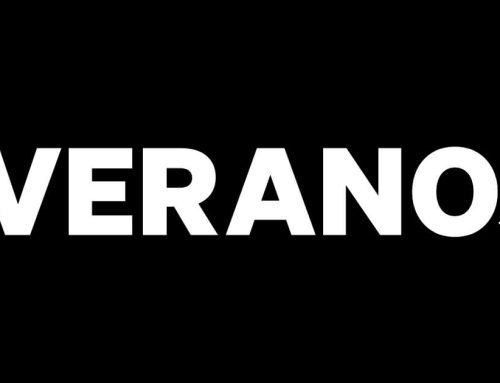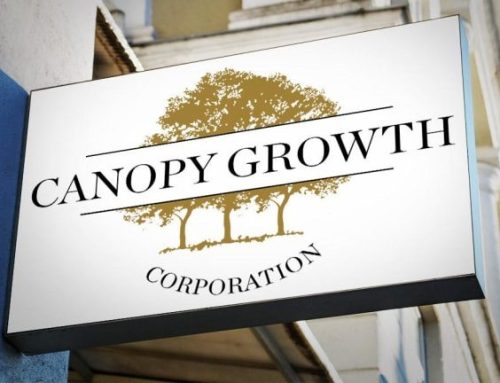The Rise Of Debt Financing In The U.S. Cannabis Markets
EDITOR: We invited Judson Hill, VP of Business Development for Bespoke Financial Inc. to comment on his area of the industry. Since 2018, Bespoke Financial have been in operation supporting cannabis business financing. They were the first licensed commercial lender focused on the cannabis industry. We thank Mr. Hill for his contribution & insights into this expanding area of finance in cannabis.

The Rise Of Debt Financing In The U.S. Cannabis Markets–by Judson Hill
As I look back to 2018, it is crazy to see that equity investments in the U.S. cannabis industry outpaced actual cannabis sales that year. Nationwide cannabis sales in 2018 were just shy of $10 billion while equity investments in the industry came in around $12 billion. Anyone who has been involved in or following the cannabis industry for a few years can recall announcement after announcement of various companies raising gobs of capital primarily based on projections and a nice logo.
Unfortunately, 2018 and 2019 saw the majority of these investments squandered due to a variety of issues ranging from regulatory hurdles to compliance, to over taxation, over valuations, greedy management teams, and the list goes on. However, there was a silver lining here as the cream really began to rise to the top with high-quality operators beginning to emerge and something really wild started happening – a few businesses actually became profitable.
As someone who has been working in cannabis for the past five years, which seems like decades in the rapidly evolving industry, I would be remiss to not highlight the numerous challenges these businesses face. As a partner in a pre-roll brand in 2018, I saw first-hand the lack of access to the traditional capital sources that were available in my previous work in fashion or really any other traditional industry.

(The author, Mr. Judson Hill, VP Business Development Bespoke Financial)
Increasing sales and growing demand created a constant need for more capital to purchase raw materials. In California specifically, operators were mostly requesting NET 30 terms causing the cash conversion cycle to extend even longer, and on top of that there is no credit scoring for cannabis businesses so sales often became losses when you sold to the wrong person. The last thing a business would want to do is raise capital and dilute their own equity just to go buy a round of packaging when you are not even sure if you’ll get paid for the end product. Sadly that was almost the only route forward. Due to the federally illegal status of cannabis there was no option to go to the local bank and get a small business loan or line of credit or even to utilize factoring services that I was familiar with from the apparel world.

Fortunately, times are changing and the past two years have seen a huge emergence in the availability and usage of debt financing in cannabis. This can most obviously be seen in the headlines as large multi-state operators (MSOs) set up massive credit facilities based on their strong financial performance and profitability. No longer are companies relying on projections and an investor pitch but on hard numbers and proven business models. In the past year alone we have seen all the big names raise debt in excess of $100M per company – Cresco, GTI, Ayr Wellness, Curaleaf, TerrAscend, and the list goes on.
Unlike the Canadian Licensed Producers (”LP’s”) a couple of years back, these businesses are generating cash flow which makes the debt a lot more palatable despite the fact that rates still remain much higher than any traditional industry. The executives at these publicly traded MSOs mostly have non-cannabis backgrounds and are very accustomed to leveraging credit as a tool to scale rather than thinking of it as a dirty word in the way old-school cannabis had affiliated “debt” in the past.

(Financing your business in cannabis is tough, due to the limiting federal regulations).
What is really exciting to see is the trickle down in terms of the availability of debt financing to privately held businesses and smaller operators outside of the MSOs. California is the largest cannabis market in the world and consists of a highly fragmented supply chain which leads to lots of B2B transactions. While this structure does allow for more true competition vs. limited license states, it also can be much more burdensome on working capital needs as there are not any businesses who fully control their entire supply chain. This has led to companies stepping in as a commercial lender and really solving the largest problem in the industry: A lack of access to working capital on the microlevel.

(California is the biggest cannabis market but other states like New York are coming online. Image: San Francisco)
A few years ago it would have been unheard of for a lender to provide revolving lines of credit that allow these businesses to purchase bulk cannabis–and weed is unfortunately not bought at the swipe of a credit card due to a number of federal regulatory issues. Here we are in 2021 though with a number of local credit unions in cannabis-friendly states across the country stepping up to bank operators, and more lenders are coming into the space every day. First, these businesses need and deserve the help and second, there is too much money to be made by investors and traditional financial institutions to sit on the sidelines. Lending to cannabis operators or more specifically lending to proven lenders in the cannabis industry is the best way to get exposure for your portfolio with significantly lower volatility than equity investments.
What is most exciting as a lender in the cannabis industry is to see the transformation over the past three years from debt being seen as something for distressed businesses to new credit facilities being hailed in the headlines as a major mark of success. As the country moves toward federal legalization, I only see more and more capital coming into the cannabis space but this time around it will be much more prudently placed than it was in 2018.
You can follow Mr. Hill on Linkedin by clicking this link
Highly Capitalized, Benzinga and Judson Hill, Copyright © 2021. The Rise Of Debt Financing In The U.S. Cannabis Markets was originally published in Benzinga. See the original article here.




































